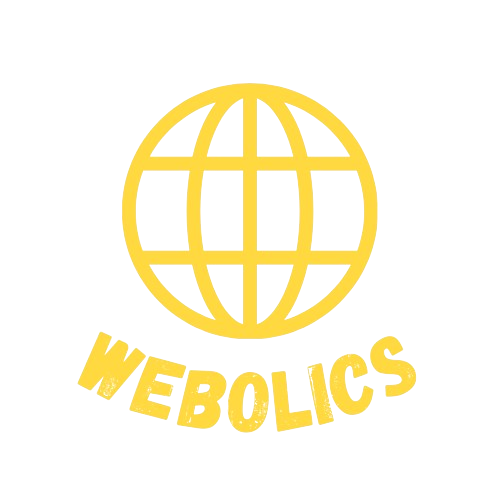The Best Tools and Resources for Web Designers in 2022 – SitePoint

In the fast-paced world of web design, staying updated with the latest tools and resources is crucial to creating stunning, functional, and responsive websites. Whether you’re a beginner looking to build your first portfolio or a seasoned professional refining your workflow, the right tools can significantly improve your productivity and creativity. Here’s a curated list of the best tools and resources every web designer should explore in 2022.
🎨 Design & Prototyping Tools
1. Figma
Figma continues to dominate the design space in 2022. It offers real-time collaboration, cloud-based access, and an intuitive interface that makes designing UI/UX a breeze.
- Why it’s great: Works directly in the browser, offers team libraries, and supports plugins.
- Best for: UI design, wireframing, prototyping, and team collaboration.
2. Adobe XD
A strong competitor to Figma, Adobe XD is perfect for designers deeply embedded in the Adobe ecosystem. It allows seamless integration with Photoshop and Illustrator.
- Why it’s great: Advanced prototyping features and great performance.
- Best for: Interactive prototypes, design systems, and detailed design tasks.
3. Sketch
Still a favorite among Mac users, Sketch continues to be relevant with its powerful vector editing tools and a robust plugin ecosystem.
- Why it’s great: Lightweight and fast with strong community support.
- Best for: Mac-based UI/UX designers.
🧰 Development Tools for Designers
4. Webflow
Webflow allows designers to build fully functional websites visually — no code required, though it generates clean HTML/CSS for export or publishing.
- Why it’s great: Visual editor with full control over layout and animation.
- Best for: Designers who want to develop sites without writing code.
5. Visual Studio Code
While more of a developer tool, many web designers use VS Code for quick editing or tweaking front-end code.
- Why it’s great: Lightweight, customizable, and packed with useful extensions.
- Best for: HTML/CSS edits, JavaScript tweaks, and collaboration with developers.
🌈 Color and Font Resources
6. Coolors
Coolors is a fast color scheme generator. You can create, save, and export beautiful color palettes in seconds.
- Why it’s great: Simple interface and a massive library of ready-made palettes.
- Best for: Finding color inspiration.
7. Google Fonts
Google Fonts remains the go-to source for free, web-safe typefaces.
- Why it’s great: Free, fast loading, and easy to integrate with CSS.
- Best for: Typography on websites and apps.
📁 Icons, Stock Photos & UI Kits
8. Unsplash
High-quality, royalty-free images are a must for modern design, and Unsplash leads the way.
- Why it’s great: Completely free with professional-level photos.
- Best for: Hero banners, blog headers, and landing pages.
9. Iconfinder / Flaticon
Icons can make or break a design. These two resources offer free and premium icons in all styles and formats.
- Why it’s great: Thousands of icons, searchable by category.
- Best for: UI buttons, infographics, navigation elements.
10. UI8 & Envato Elements
These platforms offer premium UI kits, templates, and creative assets.
- Why it’s great: Saves time and ensures consistency in design.
- Best for: Prototyping, mockups, and client presentations.
🧪 Performance & Optimization Tools
11. Google PageSpeed Insights
Use this tool to analyze your site’s performance and receive actionable suggestions to speed things up.
- Why it’s great: Trusted by Google and essential for SEO.
- Best for: Performance tuning and load time improvement.
12. Responsively App
Test your design on multiple screen sizes at once with this open-source browser.
- Why it’s great: Saves tons of time in responsive testing.
- Best for: Checking cross-device layouts.
✅ Conclusion
2022 is an exciting year for web designers. With tools becoming more intuitive, collaborative, and powerful, there’s no excuse not to create something exceptional. Whether you’re designing a portfolio, launching an e-commerce site, or revamping a corporate landing page, these tools will streamline your process and elevate your output.
Tip: Don’t overwhelm yourself by trying to master everything. Start with what fits your current needs, and expand your toolkit as your skills and projects grow.








